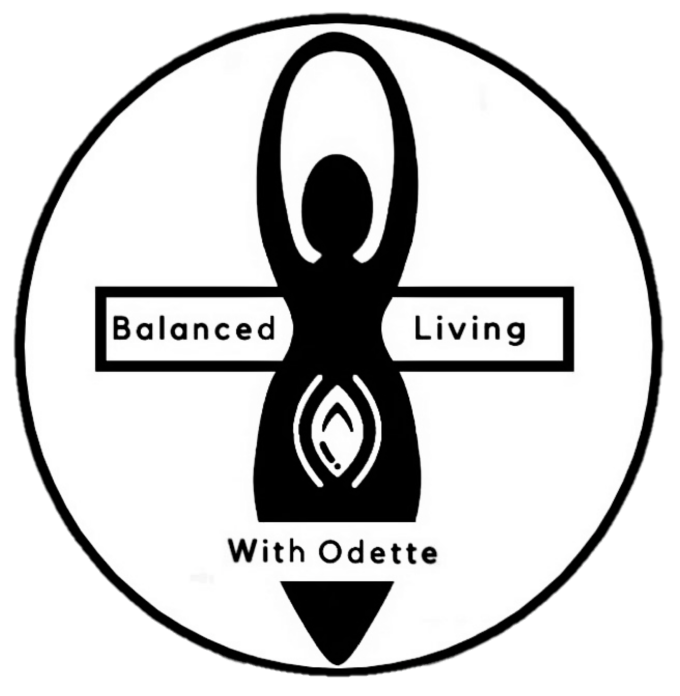What the Fertility Awareness Method provides you with
Today I wanted to talk about what the Fertility Awareness Method (FAM) can teach you. What you can expect to learn when you learn FAM.
Understanding your cycle is core to body literacy. When you have all the relevant information about your cycle and your fertility, you become the expert in your own body and your own health. This helps when you need to seek help and talk to a specialist about your cycle.
1. When to expect your period
When you’re charting, you’ll start to learn how long your luteal phase is. This phase doesn’t really change much. It is the phase from ovulation to menstruation and this stays pretty consistent (plus/minus 1-2 days).
This is why we can expect our menstruation to start X days after ovulation.
For me that number is 12. So I KNOW 12 days after ovulation, I’ll have my bleed. Another bonus is. that if you’ve made a mistake/took a risk during your fertile window, you’ll quickly know if pregnancy has occurred too – within a few days.
2. When you can become pregnant
You’ll know when your fertile phase begins and ends. You’ll know if you’ve made a little oopsies (if you’re trying to prevent pregnancy) and if you have any chance of conceiving (if you’re trying to conceive pregnancy). Knowing your fertile phase can feel really empowering, you have complete control over your family planning decisions.
To put simply – the fertile phase begins when you notice any changes in Cervical Mucus to moist, stretchy, lubricative or egg-white and it ends when there is a sudden shift to dryness PLUS 3 days of possible fertility.
3. How changes in your diet, exercise, medication are affecting your hormone health and overall well-being
You can start to see patterns – seeing how these factors are influencing your cycle. For example, if you’ve been sick, it’s likely that ovulation has been delayed. Certain medications can also impact ovulation.
And by now, we all know that diet plays a big factor into how we are feeling.
As a woman, it is important to eat something before drinking your first cup of coffee in the morning – otherwise your hormonal health can be impacted. This is because caffeine increases the release of cortisol, your stress hormone. Having it after your first meal of the day won’t cause such a big impact on your system.
4. How hormones impact the cycle
The cycle starts in the brain and it is about the brain and ovaries communicating with each other. When they can’t communicate, there will be a problem with ovulation and your cycle.
Basic overview of ovulation:
- Ovulation is the main event of the cycle, it occurs in the ovaries once per cycle
- The follicle stimulating hormone (FSH) from the brain stimulates eggs to grow and mature in their follicles. One egg will be released at ovulation.
- As the follicle grows, it produces estrogen. When estrogen peaks, the luteinising hormone (LH) is triggered and LH sends the signal to release the egg from the follicle into the fallopian tube.
- The empty follicle turns into the corpus luteum which produces progesterone.
- If fertilisation occurs, it takes the egg 6-7 days to travel into the uterus.
- If fertilisation did not occur, the egg will survive up to 24 hours in the fallopian tube and the disintegrates.
5. Which hormones are at play each cycle
Learning about the 4 major hormones that I mentioned above which are at play during each cycle. There are a dozen more but these 4 are the main ones.
- Follicle Stimulating Hormone (FSH) starts in the brain
- Estrogen starts in the ovaries by FSH
- Luteinising Hormone (LH) starts in the brain by estrogen
- Progesterone starts in the ovaries by the empty follic.e
Let me know if you have any questions about FAM or if you’re interested in learning FAM.
Have a beautiful day!
Love and Light
